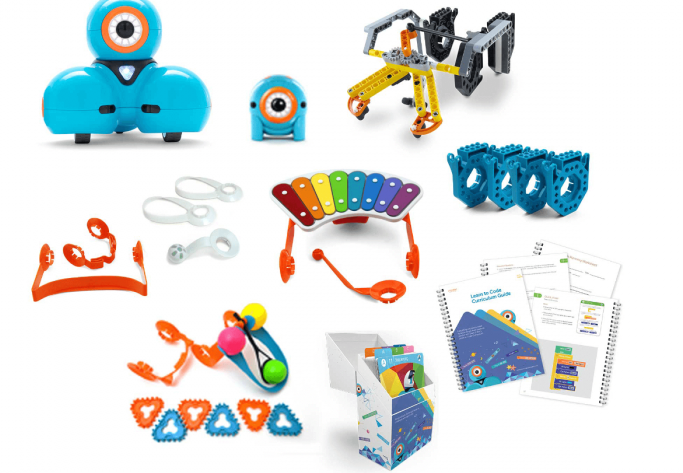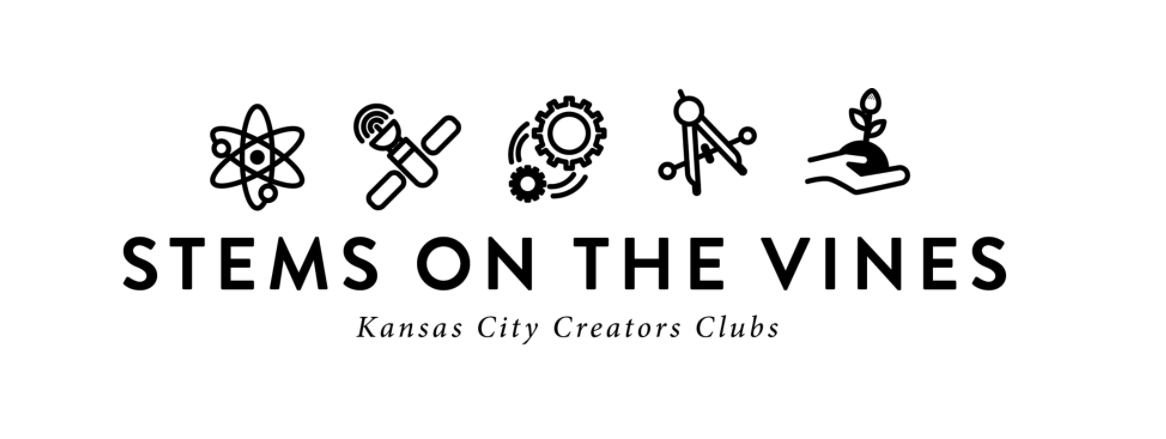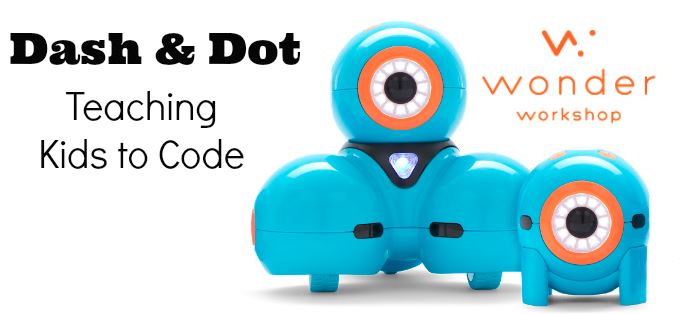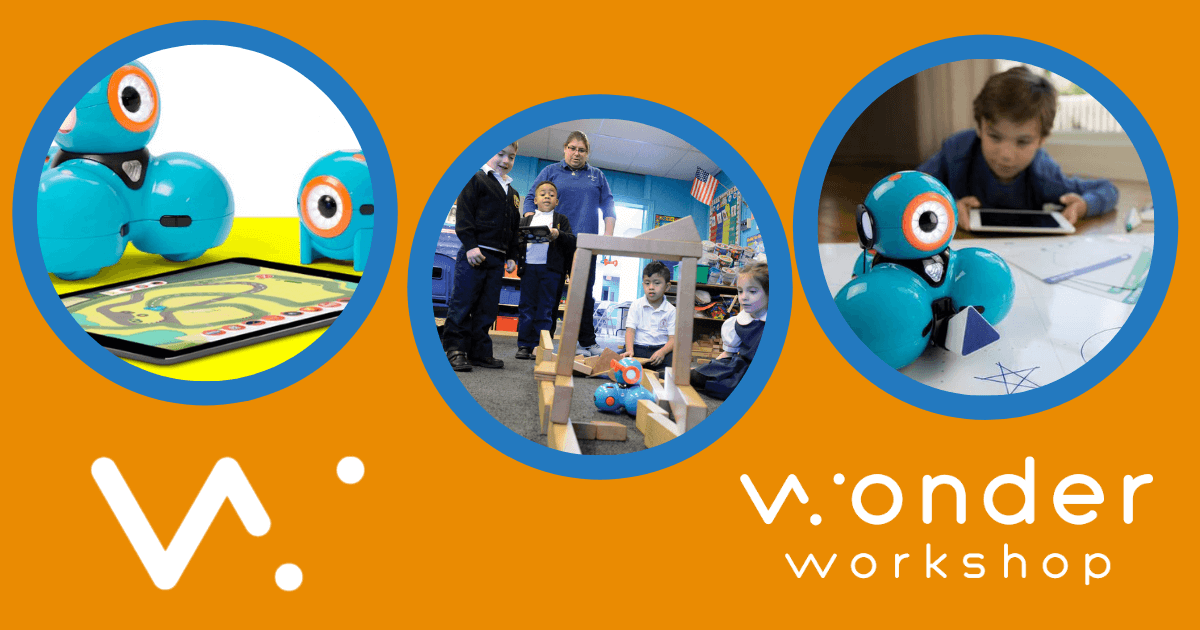Back in April, when distance learning was getting into full gear, our friends and partners at Wonder Workshop announced they would be hosting a Virtual Summit. Over the span of 10 days, they hosted sessions led by their team members, including CEO, Vikas Gupta, and various educators who have found great value in Wonder Workshop’s robotics tools. We were fortunate to be able to sponsor one of the sessions, led by fourth grade teacher, Jasmine Saab, and give away a Wonder Starter Pack to one lucky attendee! That attendee ended up being Imani Malaika-Mehta, who is the executive director of the KC Creators Club in Kansas City and wrote up a special post for us about her experiences with teaching STEM.
This post is written by Imani Malaika-Mehta, the Executive Director of STEMS on the VINES and the KC Creators Clubs. She has worked in technology and STEM for many years, including as a computer network administrator and as an afterschool program director. She is also a member of iNACOL. Here, she shares her thoughts on the technology access gap in education, her view on the importance of STEM education, and achieving greater equity.

I have many ambitious students. One student wants to be a chemist, another wants to be a pilot, and two others want to be pediatricians. These students have never seen a microscope, a telescope, or a chemistry lab. When I attended school, these were commonplace, but not so much anymore—and not in every school system or in every part of the county.
One of the students in particular—one who wants to be a chemist—snuck out of recreational activities just so that he could attend our STEM sessions. He memorized the Periodic Table and can write the equation for carbolic acid and explain it. This is just one example of how I’ve seen students gravitate towards STEM.
I am the CEO of a STEM nonprofit. We exist to give students opportunities to succeed. Our school district has had provisional accreditation for decades and this affects the ability of several generations of students to achieve grade-level academic proficiency. Students in our low-income neighborhoods have a 40 percent mobility rate due to home evictions. They need to avoid interruptions in their education caused by moving to a different school more than twice per year, but here that’s never a guarantee.

Estimates reveal that as many as 70 percent of our students do not have Internet access in their homes. During the COVID-19 crisis, many school and district leaders of comparatively affluent school systems were able to access means to continue educational delivery to students while they remained at home. Without Internet access and computers, however, many of our students became at risk of falling even further behind and widening an already large equity gap.
In the US, public school district funding is still based on property taxes, which perpetuates inequality. The best teachers and resources go to those who can pay for them, not to the most gifted students. Tax abatements, such as Tax Increment Financing (TIF) for real estate developers and large businesses further erodes the tax base, depriving school district leaders of the money they need to pay for resources and teacher salaries that would pave the way for greater educational equity.
Therefore, people are educated based on ZIP codes, not their aptitude and we are losing talent that could be cultivated to meet the STEM skills shortage as a result. Our STEM organization, however, was recently awarded a Wonder Workshop Starter Pack as a gift from Eduporium. With this gift, we will be able to provide amazing coding and robotics experiences for Title I students in our program and all over our city, no matter where they live.
We have a Mobile STEM Lab and bring learning technology to schools with budgets that often prevent them from being able to afford it. This helps make valuable STEM enrichment opportunities available to teachers and students who normally wouldn’t have the same access to technology or equipment that students in more affluent schools do.

Our efforts help give all of the teachers, principals, and even the district superintendent the opportunity to see what Wonder Workshop has to offer in terms of enhancing STEM education and boosting real-world readiness. Professional educators in our area will have the chance to see the Dash and Dot robots in action thanks to us being awarded this giveaway. We will set up a webcam and use the student codes to run Dash through an obstacle course and the student who makes the most successful run will win $100!
My heartfelt gratitude goes out to Eduporium and to Wonder Workshop for their generosity to our students who otherwise may not have this valuable educational enrichment.
We would like to thank Imani for writing this guest post for us and extend our congratulations on being selected as the raffle recipient! We’re thrilled that the prize went to somebody who is so committed to making STEM education a reality for every student. To learn more about the KC Creators Club and the work their team does in STEM education, we’d definitely encourage you to visit their website! Be sure to follow us on Twitter and Instagram and, to find all of the latest Wonder Workshop kits on our store, click below.



